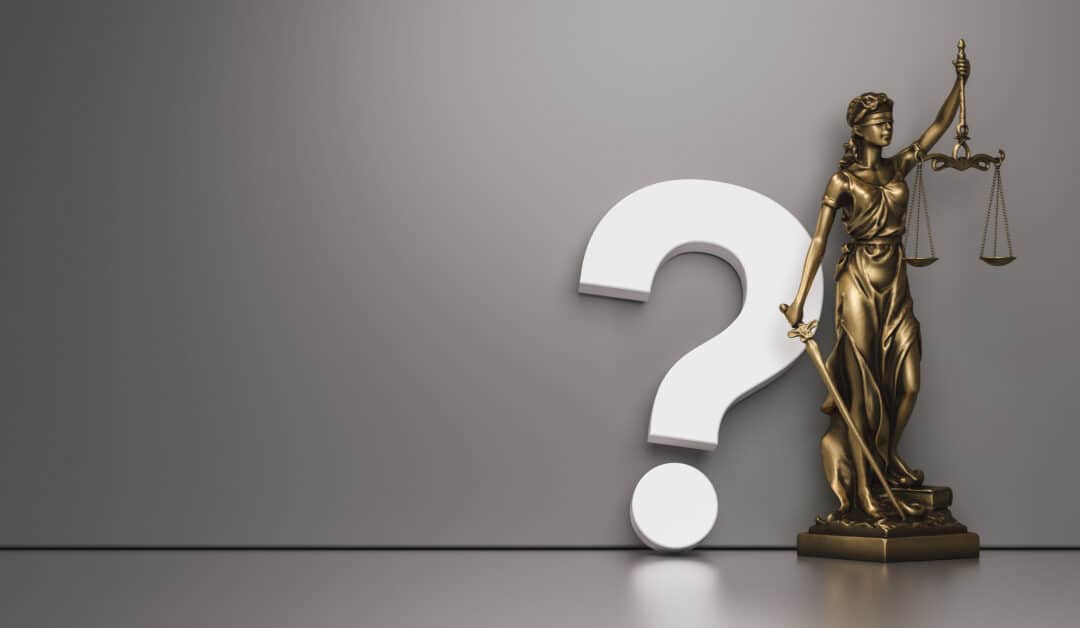I was taken for a blood draw but then released. Was I arrested? Am I being charged? If so, when?
Typically, police arrest for suspicion of DUI, which requires probable cause. They then request a chemical test of breath or blood. Whether you consent or refuse, you will typically be released and advised that charges will be mailed to you via summons weeks or months later. This can cause confusion about what has happened and what the future holds. Generally, once charges are filed, they will be mailed to you and you will be advised of a preliminary hearing court date. It is in your best interest to consult with an experienced DUI lawyer as soon as the incident happens. Do not wait.
I was not driving when the police made contact with me. Can I be charged with DUI?
It depends. The case law in Pennsylvania is extremely fact-specific if the police can’t prove that you were driving. The prosecution will often turn on circumstantial evidence about where the vehicle was located if it was running or not, how it got there, what statements you made, when you last drank, and how you controlled the vehicle. You are wise to discuss all of these specific facts with your lawyer.
I did field sobriety tests. Was I required to do them?
No. These tests are generally designed in a way for police to try to gather “clues” about your level of impairment. You can refuse to do these tests, and often the police will tell you that it might be in your best interest to still do them. Police will often use field sobriety tests to build their probable cause to arrest. The less damaging evidence you give them, the better.
I consented to the blood draw. Was I required to give blood?
Pennsylvania has implied consent laws that require a motorist to provide an evidentiary breath or blood sample when police request it after arrest. If you decline to provide this breath or blood sample, police must inform you that you will face an administrative suspension of a minimum of 12 months through PennDOT. Unfortunately, even if you refuse a chemical test of breath or blood, the police can and likely will still pursue DUI charges. It is not “one or the other.” The refusal to have provided breath or blood can potentially be held against you at trial by a judge or jury. There is no true ability to consult with a lawyer at the moment about whether you should give breath or blood. Pros and cons exist for consenting or refusing, but you should discuss this with your lawyer as soon as possible.
I didn’t consume any alcohol. I had used marijuana. Can I be charged with a DUI?
Yes. Pennsylvania is still essentially a zero-tolerance state when it comes to prosecuting DUIs involving marijuana, even medical marijuana taken as prescribed, or if you consumed marijuana legally in another state. However, several defenses exist in fighting these cases, and the law is showing signs of change relating to proving actual marijuana impairment as opposed to just the presence of THC from a blood draw. Whether you are facing a first offense or a repeat offense, the DUI lawyer you hire should be familiar with the nuances of these cases.
I had a prior DUI/DWI/DWAI in another state. I don’t think it shows on my record. Will this get brought up in my current case?
It depends. The district attorney’s office can run a thorough criminal history search and obtain out-of-state driving records to determine what your criminal history may include. You have no obligation to inform them of anything in your past. However, it is critical to disclose this information to your lawyer so that they can properly navigate this issue. The ability to plan defenses or obtain a negotiation requires your attorney to not misrepresent anything to the court while also advocating on your behalf and protecting your rights.
I did not give blood or breath. How can they prove that I was impaired?
If you refuse an evidentiary test of breath or blood, you are likely facing an administrative suspension from PennDOT of at least 12 months. But the upside is that you have removed a key piece of evidence that the prosecutor might have otherwise used against you. They now have to prove actual impairment, instead of just pointing to a blood sample that shows the presence of alcohol or a controlled substance. A sharp police officer will try to highlight that they made observations of driving infractions such as swerving or speeding, observed indicators of impairment such as slurred speech or an odor of alcohol, saw drug paraphernalia or alcohol containers in the vehicle, or made statements suggesting recent use of alcohol, THC, prescription medications or other controlled substances. All of these facts matter, and a defense can be built around the theory that it is the prosecutor’s burden to prove that you were impaired to such a degree that you were incapable of safely driving, or operating the vehicle in an impaired way. A DUI lawyer familiar with judge and jury trials knows how to see the big picture of these cases and get you the outcome you deserve.
What if my DUI is more serious than a “regular DUI” and involves an accident where someone got hurt, or I had children in the car?
A DUI that involves an accident where someone other than you was injured will often involve enhanced penalties to the DUI charge itself, and can also result in additional charges being brought that include the offenses of Aggravated Assault while DUI, Recklessly Endangering Another Person, or even “just” the additional summary offense of Reckless Driving, which on its own carries an additional six-month license suspension on top of any other penalties. It is crucial to look into the actual injuries the other party received if the other party contributed in any way to the accident, and the extent of your impairment. Just because someone was hurt does not mean you are guilty of what the police say. If you had children in the car, your case would receive additional scrutiny from any prosecutor or judge. Additional charges can include a DUI offense with a “Minor Occupant Enhancement,” or misdemeanor charges for Endangering the Welfare of a Child or Recklessly Endangering Another Person. An experienced DUI defense lawyer can determine what weaknesses exist in the prosecutor’s case. Can the prosecutor prove actual endangerment? Is this a weak DUI case that is being pushed harder simply because a child was in the car? The gray area of these cases needs to be explored in a non-judgmental way by a trustworthy DUI lawyer.
Am I definitely losing my license? If so, when?
For a first-offense DUI, it is possible to avoid a license suspension or greatly reduce it. For a second or subsequent offense, a minimum suspension of 12 months applies with any conviction, with some offenses carrying an 18-month suspension. If you are deemed a habitual offender as a result of three DUIs in a limited period, an additional 5-year suspension is added to any existing suspension. These suspensions do not allow for you to drive on a work license, and significant periods of ignition interlock are normally also required. If you have a license from outside Pennsylvania, your home state might take similar action. If you have a commercial driver’s license (CDL), great care must be paid by your lawyer to your specific situation and how your DUI will impact your CDL. Before deciding on any approach in a DUI case, your lawyer should help you determine the consequences the case will have on your license both now and in the future.
I really messed up; the DUI case against me is strong, and there is no way I can try to fight it. Shouldn’t I just plead guilty and accept my punishment?
Even if the case against you is strong, you need to explore what options exist that can help you best do damage control. These situations are often more of a marathon than a sprint. You should have guidance on the court process, what drug and alcohol evaluations and classes will be required of you, and how to minimize the risk of the harshest punishments. You should not go it alone, or expect that this is a process that will cater to you if you just throw yourself at the mercy of the court. Experienced representation can make a world of difference not in just how the situation plays out, but in your well-being through that process.
I expect that you have many questions about your situation. I am happy to discuss this with you right away.
Get In Touch
If you need legal assistance for your situation, I can help you. Schedule a free consultation.


